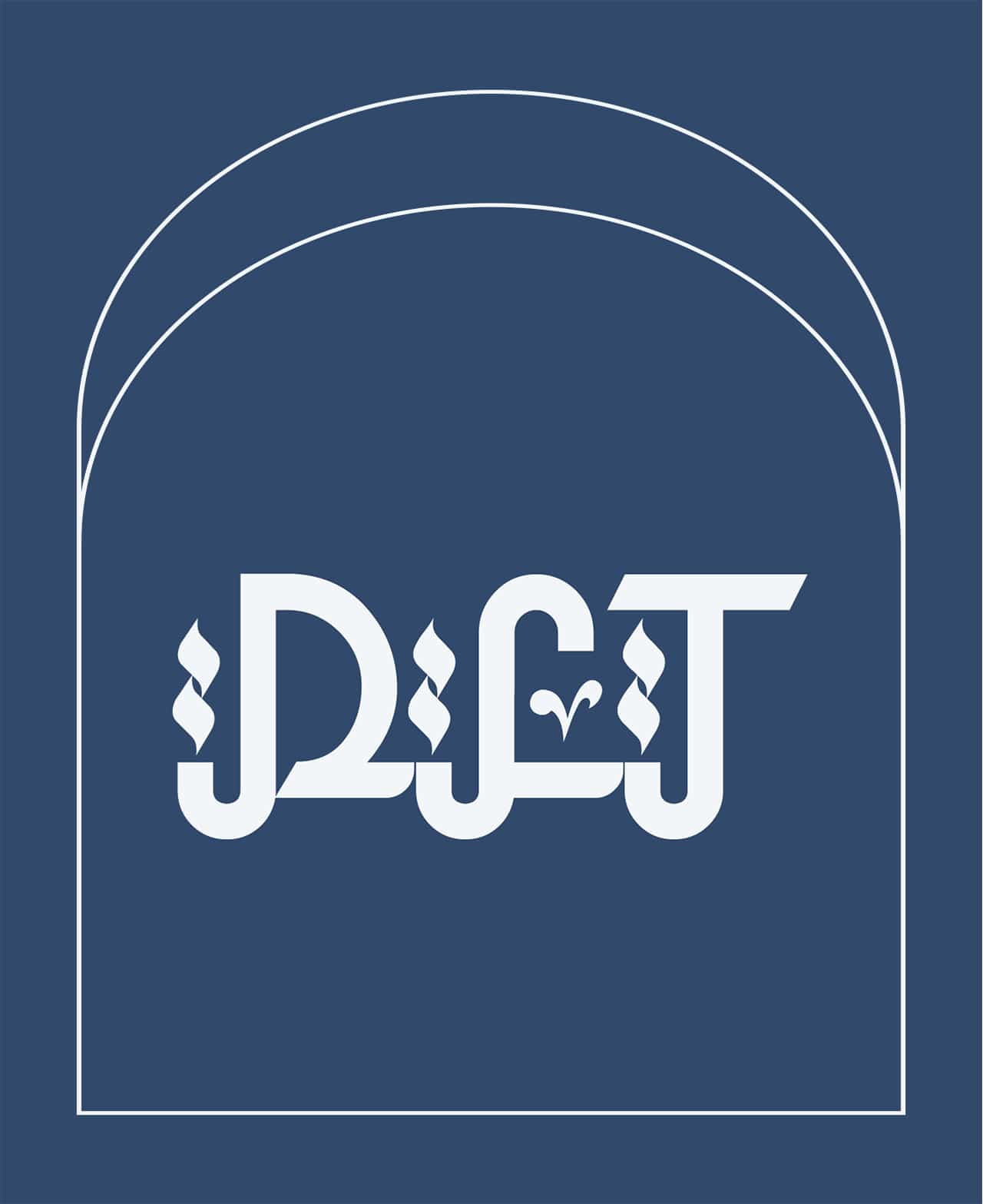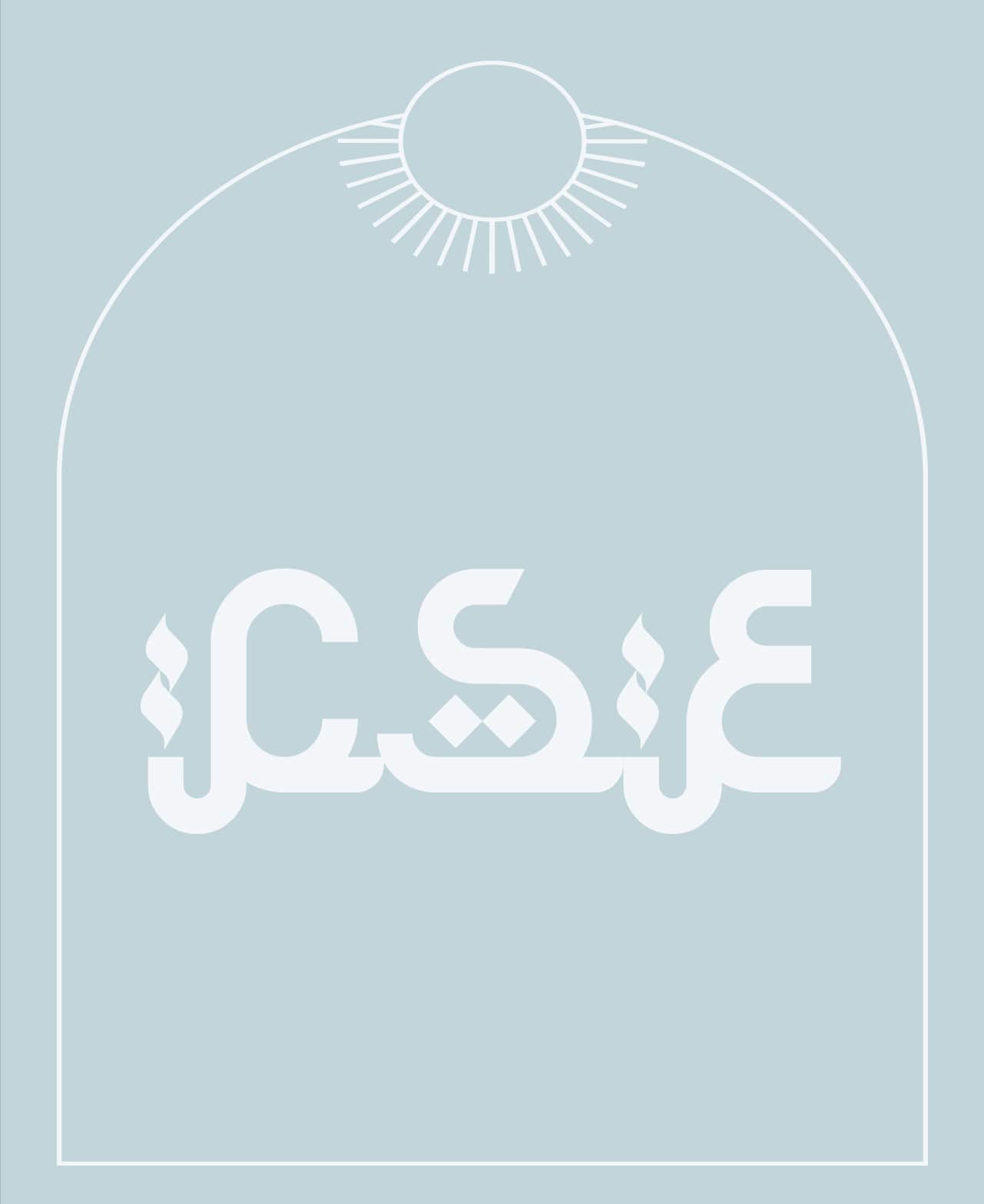In a World where sectarian differences in the House of Islam continue to fragment the Ummah and even cause chaos, the student is invited to appraise the respective contentions with the Sacred Sources of Law and Theology and reach his or her own independent conclusion on the Salafi movement.
The Syllabus is made up of the following topics:
- The Nature of Aqaa’id
- The Advent of Sectarianism
- Preliminaries, definition and terminologies – Ahle Hadith. Salafi. Wahabi. Deobandi. Barelwi.
- The historical emergence of the Salafism and roots in Khawaraj
- Areas of dissention with the Ahle Sunnah:
- Placement of Allah at The Arsh
- Min Doonillah and Awliyaa Allah
- The Advent of Prophethood
- The primacy of the Noor-e-Muhammadi ﷺ
- Meelad un-Nabi ﷺ
- Ilme Ghaib
- Hazir Nazir
- Noor Bashar
- Mukhtar-e-kul
- Tawassal and Istighasa
- Visiting of Graves
- The issue of seeing Allah and the Me’raaaj
- Allah’s capacity to lie (nauzu billah)
- 8 or 20 Taraweeh
- Three Talaaqs
- Sectarianism within the Salafis
- Contradictions within the Aqaa’id and Fiqh of Salafis




